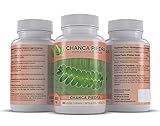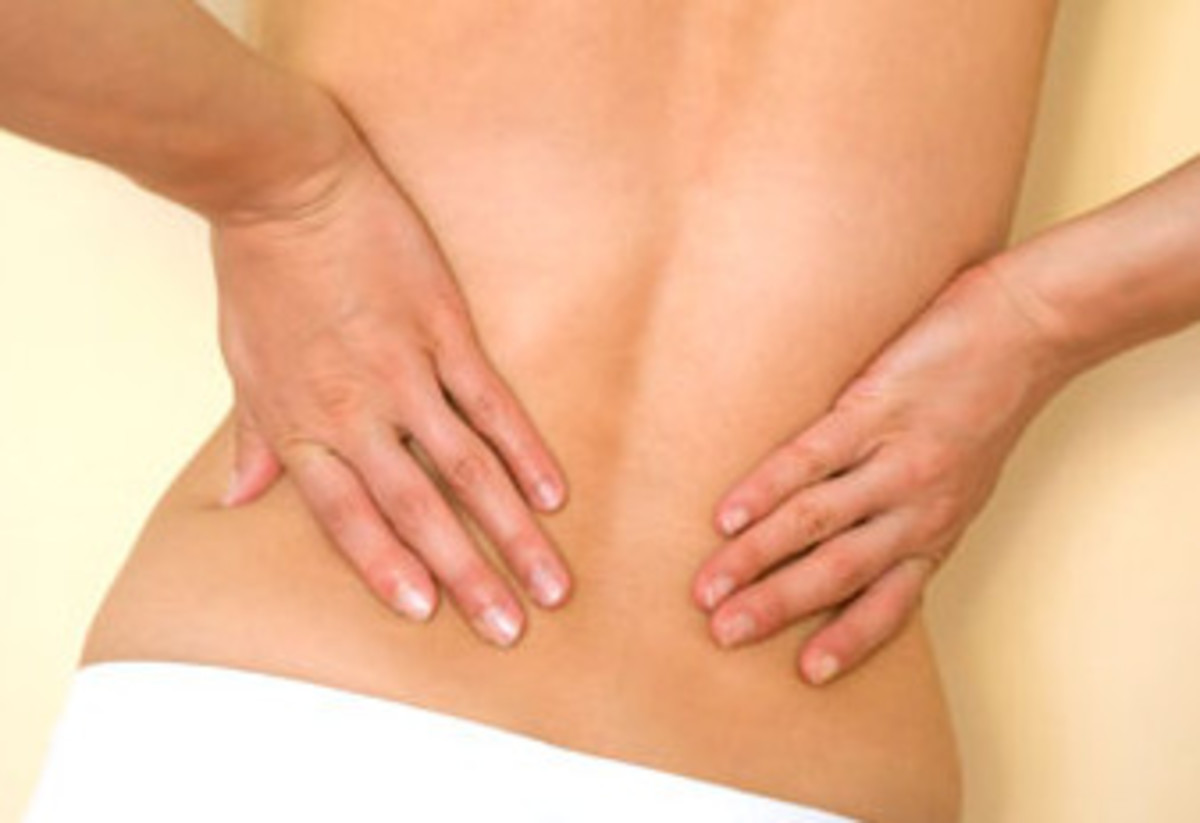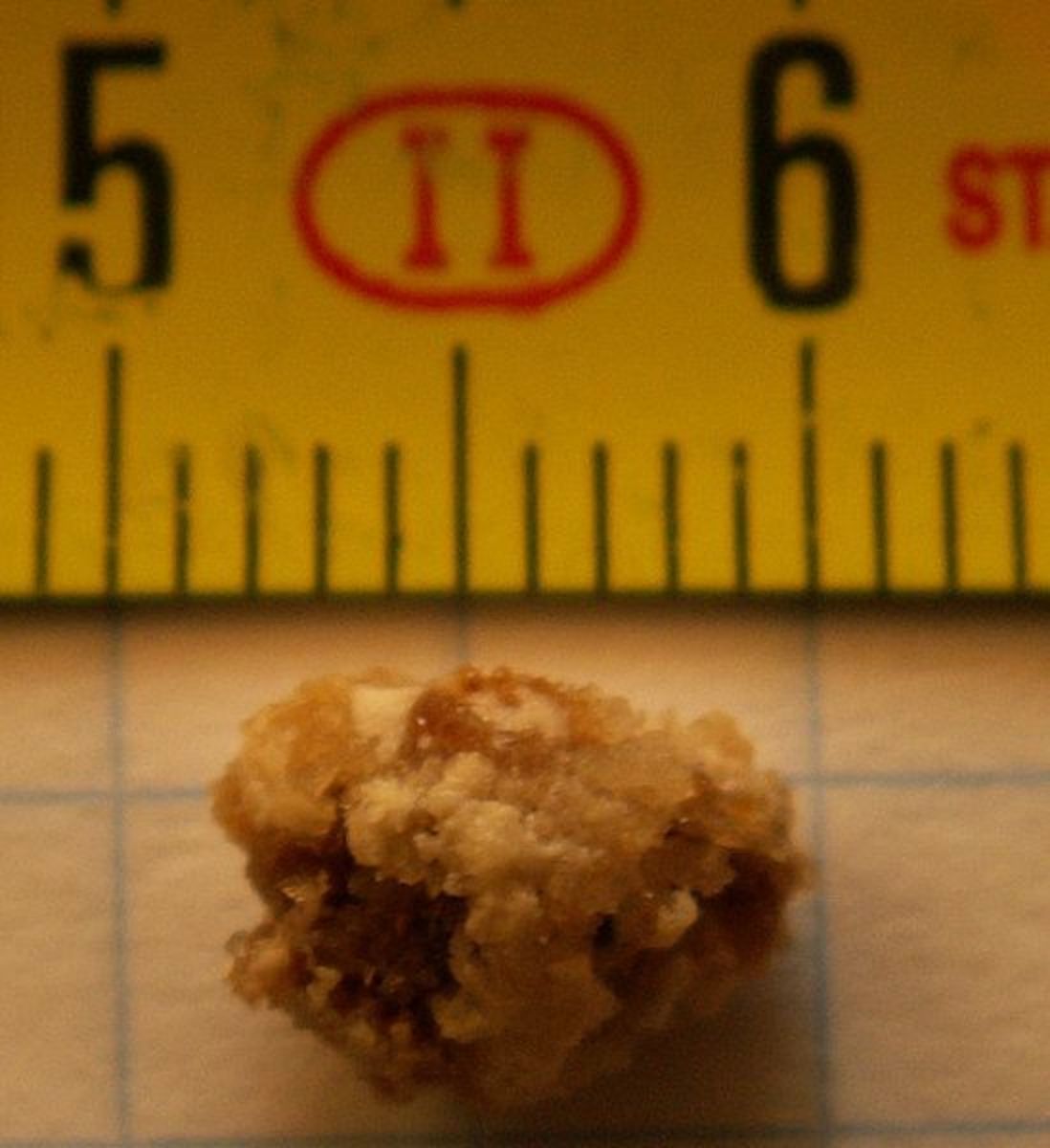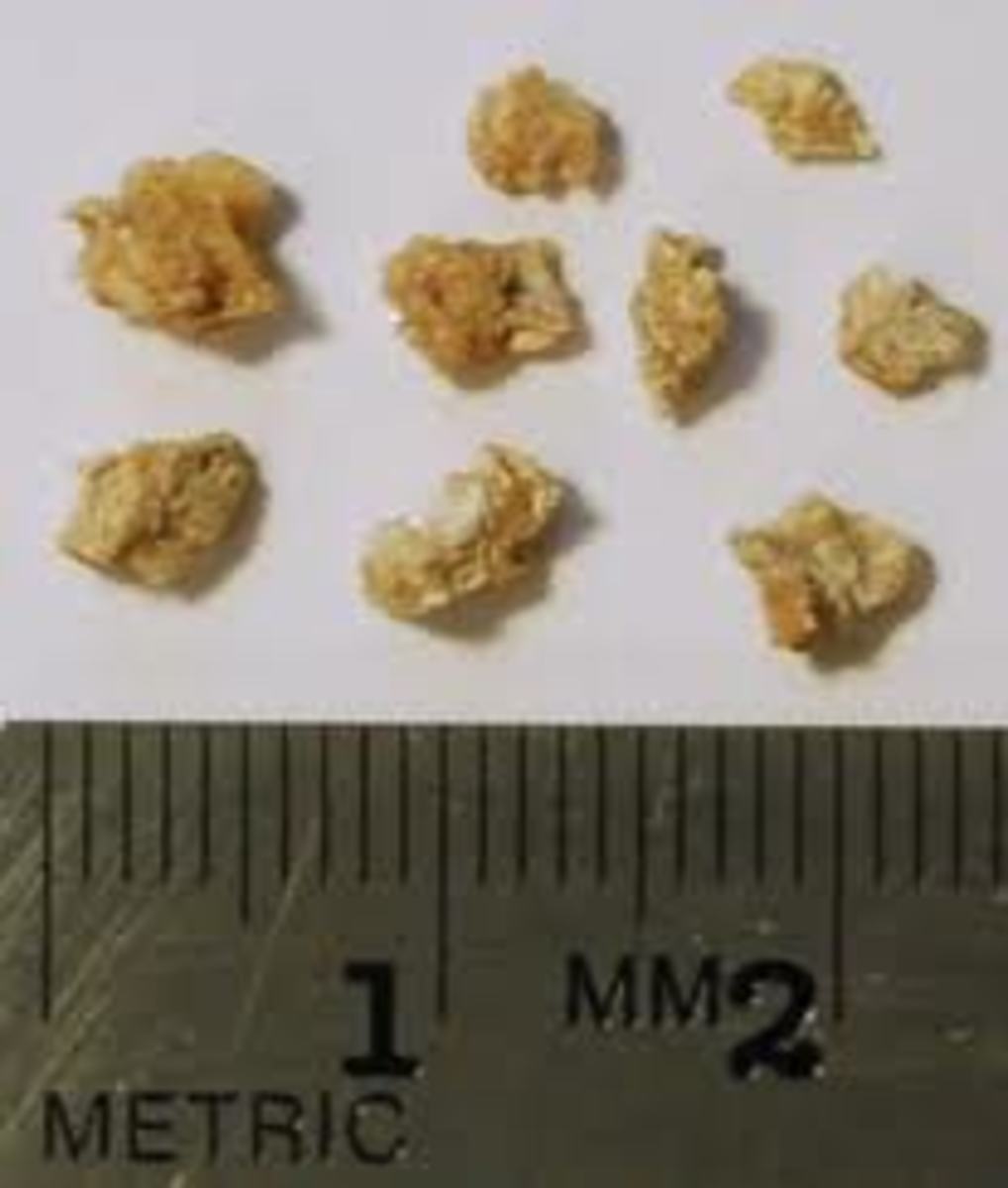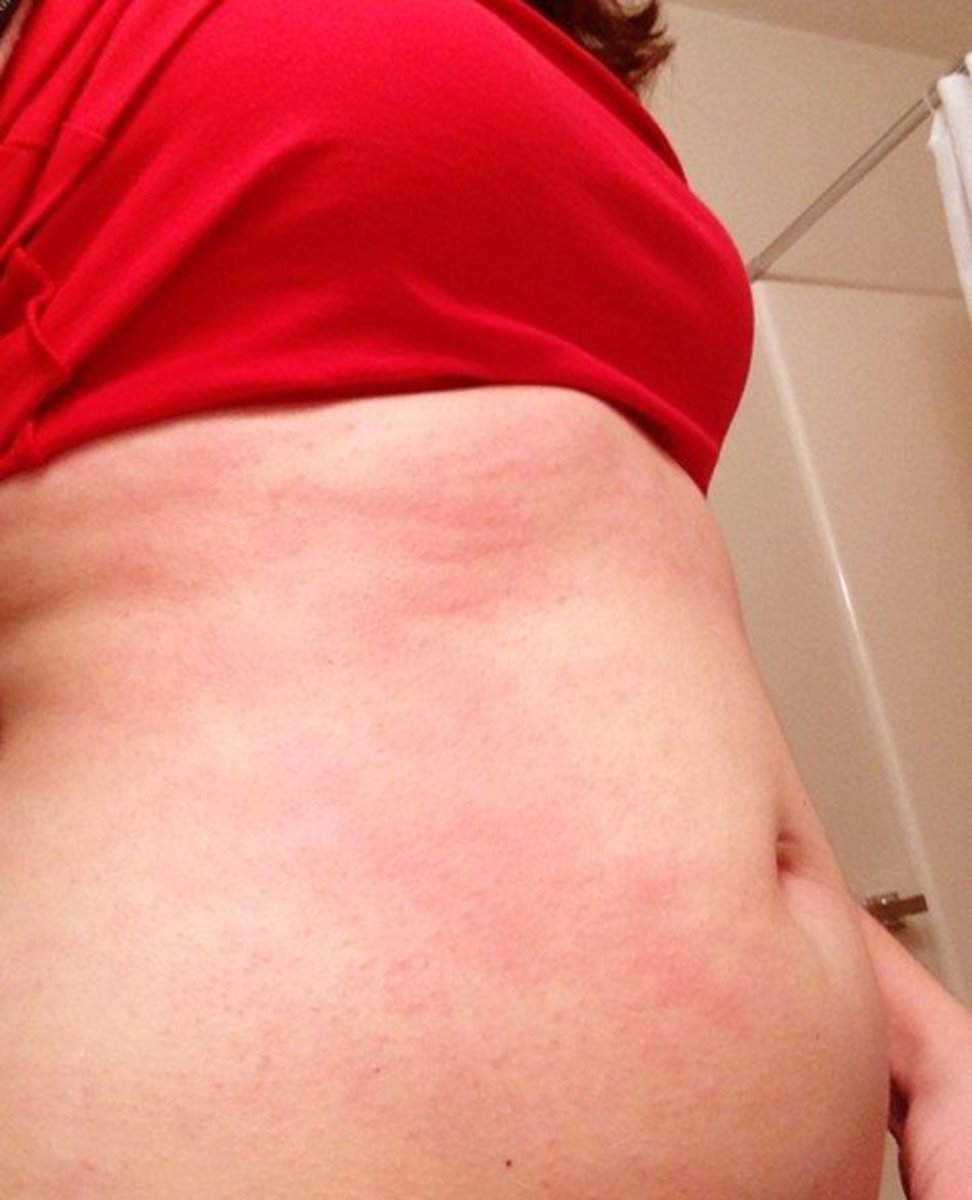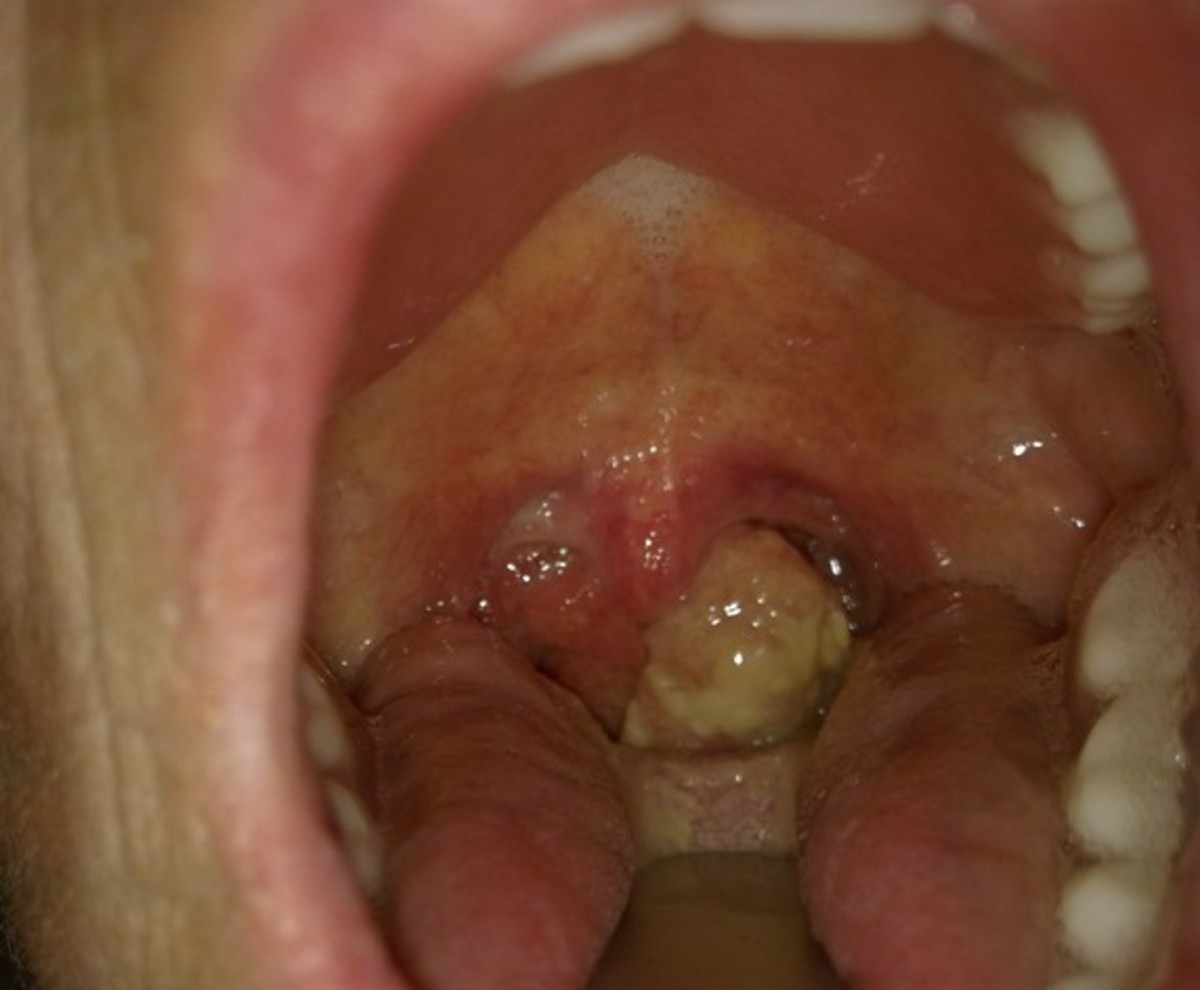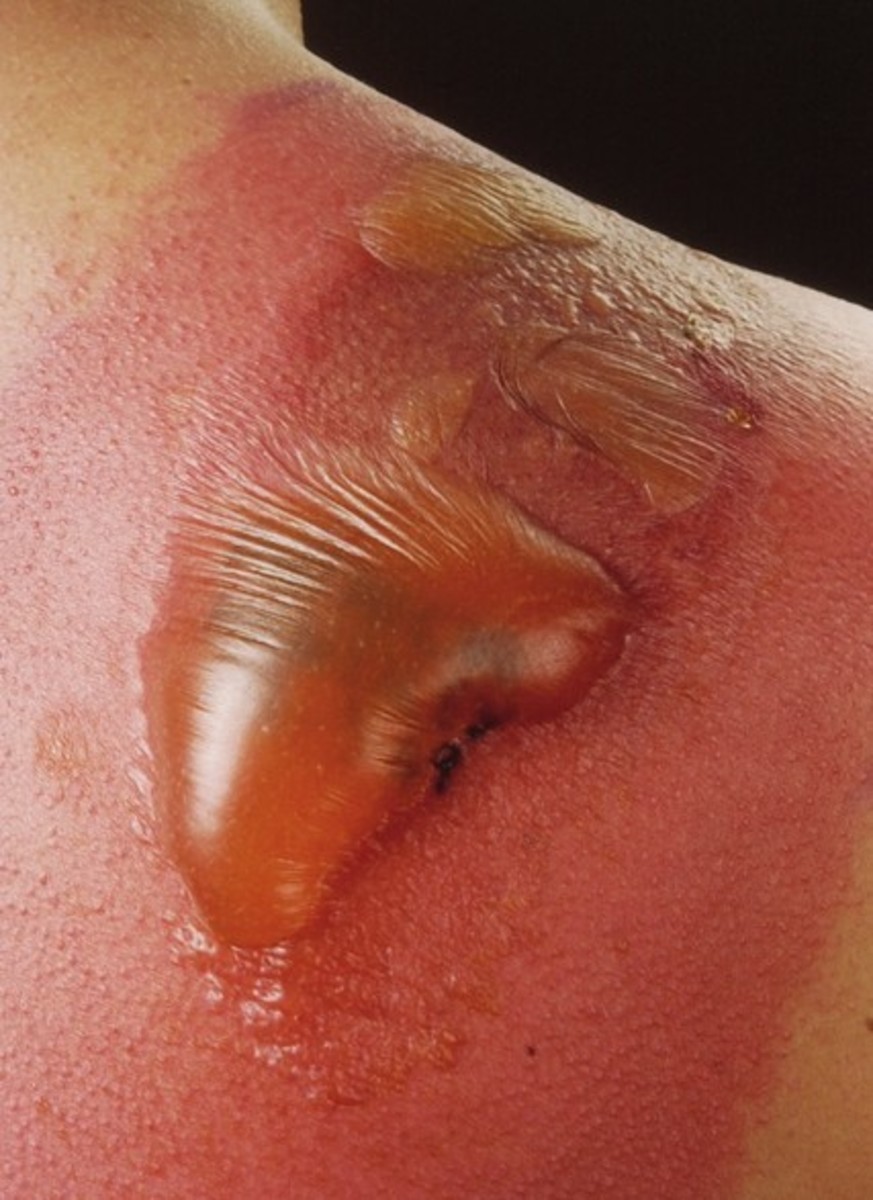Kidney Stones Treatment and Tips for Kidney Stones Prevention
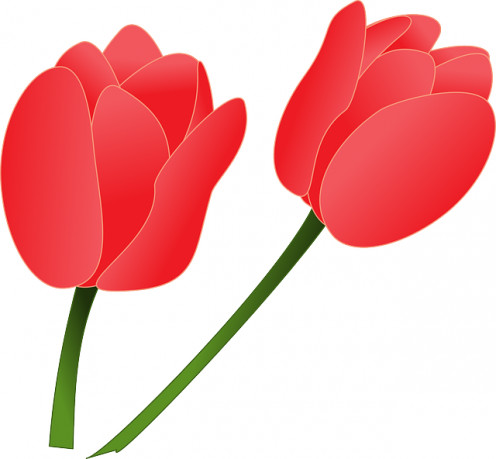
Kidneys are very important organs in the body. The main functions of the kidneys are to maintain the water levels in the body and the removal of toxic elements from the body. The kidneys also help to regulate the levels of different minerals such as calcium, phosphate etc. by excreting the excess of these minerals. This is also very important for the normal functioning of the body.
Water and waste products are separated by the filters in the kidneys and converted them into urine. The urine is collected in urinary bladder and remains there until you urinate. Normally kidneys are able to make one to two liters of urine every day. If one kidney is damaged or stopped its function because of some reason, the other kidney can enlarge and do the work of the two.
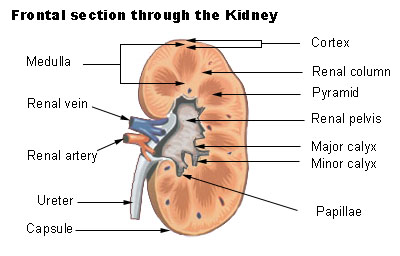
Kidney Stones
The kidney stones formed from the various chemicals present in the urine. The common chemicals that are found in urine are calcium, oxalate, citric acid, uric acid and cysteine. Sometimes because of some abnormal composition of urine, some of these chemicals can precipitate, leading to the formation of the stones.
Kidney stones are found more in men that in women and it is more common in young and middle-aged people than in older people. People living in hot climates have more possibility to get the attack of kidney stones. The body constitution is also a factor in the stone formation and some people are more prone to this. A person who has one stone has a 50% chance to develop another stone over 10 years.
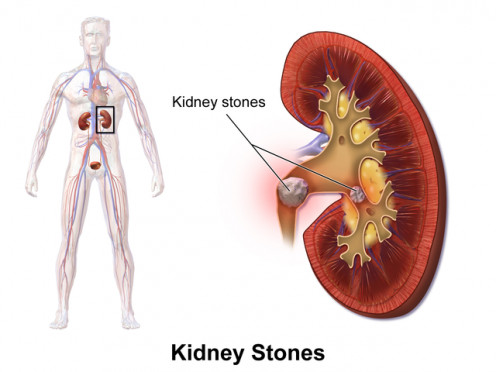
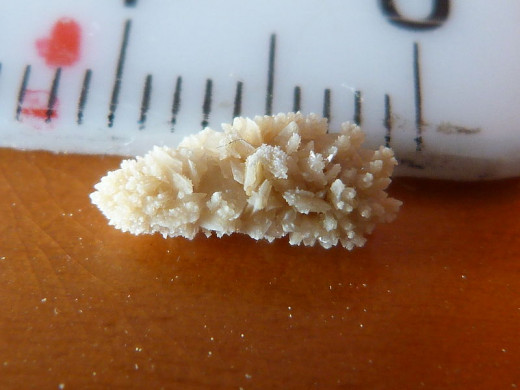
Kidney Stones Pain
In most of the cases, these stones do not cause any serious problems and they will pass through the urine without causing more trouble. But if the stones get bigger and press the adjacent tissues, the pain will start. These stones sometimes obstruct the natural flow of urine though urinary tract and this will cause serious damage to the kidney, if left untreated.
The intensity of the pain due to the kidney stones varies depending on the position and the size the stones. Sometimes blood will appear along with the urine if the stone is large enough to cause damage to the internal lines of urinary tract.
How Do Kidney Stones Form? How Can We Prevent Them?
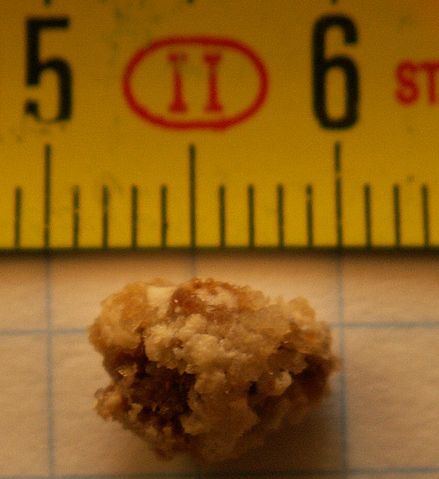
Types of Kidney Stones
Kidney stones are created from the substance that is present in the urine such as calcium, oxalate and uric acid. These minerals and salts form crystals which will become larger to be a stone. Most of the stones are composed of calcium oxalate crystals. Uric acid is less common in forming stones. The kidney stones can be classified into calcium stones, struvite stones and cysteine stones and their details are as below:
- Calcium stones are the result of the precipitation of calcium crystals present in the urine. Those who do not drink enough water have a chance of developing calcium stones.
- Struvite stones are the result of the recurrent urinary tract infections. Getting repeated bacterial infections will develop struvite stones.
- Some people excrete excessive cysteine in urine because of some genetic abnormality and this will lead to the formation of cysteine stones.
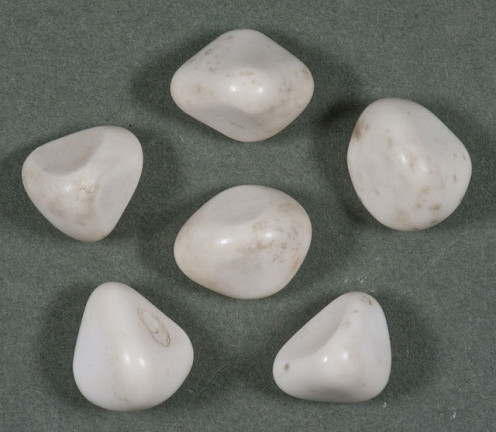
Kidney Stones Diagnosis
The presence of kidney stones can be diagnosed from the symptoms itself. The common symptoms of the kidney stones are the following:
- Feeling of sharp pain in your back and side of lower abdomen. Sometimes this pain will move to the groin or to the testicles.
- Inability to rest in a comfortable position.
- Vomiting and nausea.
- Blood appearance in urine and frequent urge to urinate.
In some cases, where infection is present fever also follows with painful urination and the urine will produce a foul smell. For a more accurate diagnosis of kidney stones, image studies are using by the medical practitioners. The reports from CT scan, Intravenous pyelogram, Ultra sound, Kidney-Ureter-Bladder X-Ray are used to get more information about the stones.
Kidney Stone Formation
view quiz statisticsKidney Stone Crusher
Kidney Stones Treatment
If the kidney stone is small it may pass out through the urine within a few days or weeks if the patient drinks more water daily. Small stones do not need any further treatment. Treatment procedure includes lifestyle changes, medical therapy and surgical methods. The doctor will determine the treatment method depending on the intensity of the disease.
LIFESTYLE CHANGES:
If you have a history of the formation of kidney stone, it is better to change your lifestyle a little bit for preventing the further formation of the stones. Drinking more water is the most important lifestyle change. Drinking more water will help to produce more urine. You should drink more water, so that your body should be able to produce at least 2 quarts of urine in a single day.
Avoid foods that containing high amount of calcium including dairy products. Do not consume calcium pills also. Another type of foods to be avoided is that containing high vitamin D; meat, fish and poultry are included in this group.
MEDICAL THERAPY
Some medicines will help to prevent the formation of calcium and uric acid stones. If the case is complicated, such as the blockage of the ureter, the decision to remove the stone will be taken by the doctor. In such cases, surgical treatment will be advised. Surgery will be recommended in the complicated case only to remove stones in kidney. The following reasons will direct a physician to take a decision for surgery:
- The stone is too large.
- It blocks the flow of urine.
- It damages the kidney tissue causes bleeding.
- If there is an infection in the urinary tract.
How to Treat and Dissolve Kidney Stones
Vegetarian Capsules
SURGICAL METHODS
Open surgery, which required a recovery time of 4 to 6 weeks, is not needed because now many other easy options are available for the removal of the kidney stones.
URETEROSCOPIC STONE REMOVAL: This method uses a thin telescopic instrument inserted into the urinary tract to produce high energy shock waves to break up the stones.
EXTRACORPOREAL SHOCK WAVE LITHOTRIPSY (ESWL): Here the shock waves are created outside the body tissues to break the stone into small particles. Different types of ESWL are available. Recovery time for this procedure is also very short.
PERCUTANEOUS NEPHROLITHOTOMY: This procedure is used when stone is quite large and its location is not allowing the successful use of ESWL. Here, the surgeon makes a tiny incision in the back to create a tunnel. He uses an instrument called nephroscope, to locate and remove the stone. In this procedure, the stone particle can be removed by the surgeon itself, instead of waiting to clear out through the urine.
Laparoscopic Kidney Stone Extraction
Formation of Kidney Stones
Why some type are people are more prone to the formation of kidney stones?
Kidney Stones Prevention
The important fact is that if you had kidney stone once, you have more probability for the development another stone again. A person having previous history of stone formation, have a chance of forming more stones in future. In the same way, for people who have more than one stone have a chance to develop another also. To determine the cause of the formation of the stones, physicians will do some laboratory tests of blood and urine. To understand the nature of the stones, the stones will also subject to the laboratory tests.
Lifestyle changes and diet changes have to be taken to prevent stone formation in future. Some of them are giving below:
· Drink more water and other fluids.
· Reduce meat intake.
· Limit coffee and tea drinking.
· Reduce the quantity of sugar and salt.
· Limit the intake of spinach and chocolate.
More water drinking will keep your urine light yellow or clear like water. For diet control, consult a dietitian for proper advice. If you are overweight, take up steps to reduce your weight. Your age and gender increase the risk of the formation of stones; men between 30 and 50 have more chance than too young and very old males. In the case women, the risk of the formation of stones is greater in postmenopausal period and after they have removed their ovaries.
Other factors that increasing risk in the formation of kidney stones are family history of kidney stones, personal history of frequent urinary tract infections, intestinal surgery or gastric bypass surgery, some disease conditions such as gout, hyperparathyroidism and Crohn’s disease.
Kidneys are vital for the normal functioning of the body. It is a wonder organ that is capable for functioning even if one of the pair is lost or damaged. Its proper care should give supreme importance for the survival. Formation of the kidney stones is the one of the conditions that can damage kidneys, if not treated in time. Treatment and prevention of kidney stones are equally important because of the importance of this organ.

